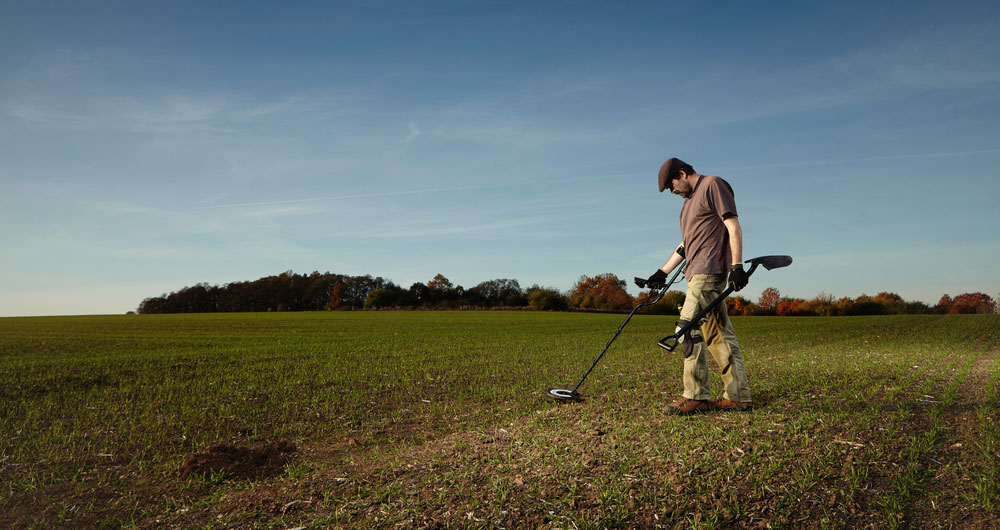The NFU welcomes the proposed institute of detectorists as it will benefit landowners and farmers as well as the wider detecting community. By developing an institute, it will promote good practice and ensure detecting activity is monitored more efficiently.
NFU members can download a briefing on metal detecting in the UK here.
This document is accessible to NFU members only and you will be asked to log in.
How to log in: Use your membership number or the email address associated with your membership to log in. If you've forgotten your password, you can click here to reset it or contact NFU CallFirst on 0370 845 8458.
The aim of the institute is to provide training opportunities to promote good practice and examine how metal detecting has been beneficial to the investigation of archaeological sites. To achieve this, a project advisory board has been established to conduct a feasibility study and steer the development of the new detecting institute.
The board will consult the detecting community on a business plan which outlines the proposed role of the institute, the structure, and membership. The NFU is sitting on the advisory board on the behalf of members to ensure all land management factors are taken into consideration.
Historic England has also shown its support by awarding a grant of £50,000 to help fund setting up the new institute.
Keith Westcott, the metal detectorist who is behind the project said:
“The aim of this project is to establish a not-for-profit research and educational body for detectorists. This body would promote responsible metal detecting as a technique that contributes to the understanding, conservation and protection of the historic environment.”
The NFU will continue to liaise with the advisory board and attend regular meetings.
You might also be interested in:
- NFU represents farmers on Norfolk wind farm extension projects
- What you need to know about compulsory microchipping for horses, ponies and donkeys
- NFU highlights concerns in response to A428 consultation
More from NFUonline:
